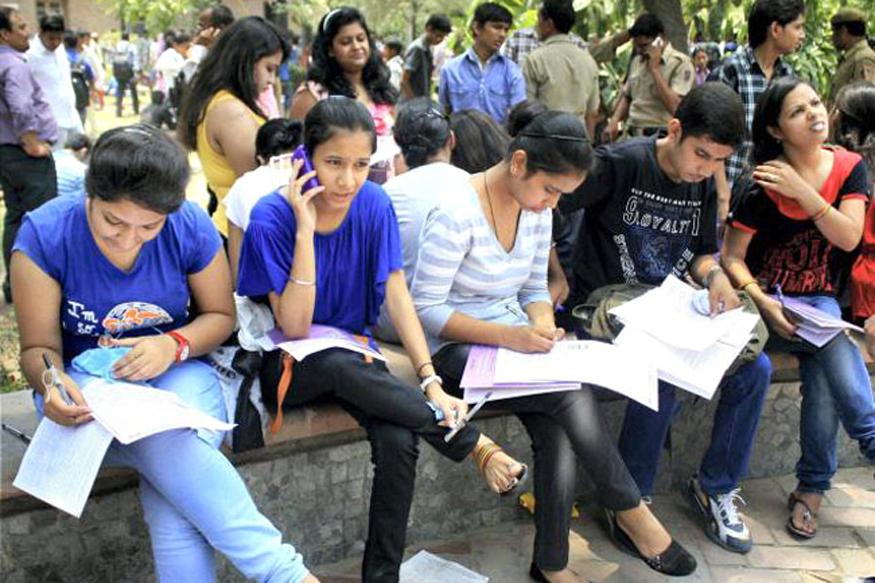by PRABHAT PATNAIK

To believe that the syllabi and course contents in Third World universities should be identical with those in metropolitan universities is itself a symptom of being hegemonised by imperialism.
Imperialist hegemony over the Third World is exercised not just through arms and economic might but also through the hegemony of ideas, by making the victims see the world the way imperialism wants them to see it. A pre-requisite for freedom in the Third World, therefore, is to shake off this colonisation of the mind, and to seek truth beyond the distortions of imperialism.
The anti-colonial struggle was aware of this; in fact, the struggle begins with the dawning of this awareness. And since the imperialist project does not come to an end with formal political decolonisation, the education system in the newly independent ex-colonies must continuously aim to go beyond the falsehoods of imperialism.
This requires that the course contents and syllabi in Indian educational institutions must be different from those in metropolitan institutions. This is obvious in the case of humanities and social sciences where it is impossible to understand the present of the country without reckoning with its colonised past; and metropolitan universities scrupulously avoid making this connection, attributing the current state of underdevelopment of the country to all sorts of extraneous factors like laziness, lack of enterprise, superstition, and, above all, excessive population growth.
But even in the case of natural sciences, the syllabi and course contents in Third World universities cannot be identical with those in metropolitan universities, not because Einstein’s theory or quantum physics have any imperialist ideology in them, but because the range of scientific concerns in the Third World is not necessarily the same as in the metropolitan countries. In fact, this was the view of JD Bernal, the British scientist and Marxist intellectual, one of the great figures of the twentieth century.
To believe that the syllabi and course contents in Third World universities should be identical with those in metropolitan universities is itself a symptom of being hegemonised by imperialism. Education policy in the dirigiste period in India was aware of this; despite the obvious failings of the education system the education policy of that period could not be faulted for having a wrong vision.
With neo-liberalism, however, things begin to change, as the Indian big bourgeoisie gets integrated with globalised finance capital, as the Indian upper middle class youth looks for employment in multinational corporations, as the nation’s development is made dependent upon exporting goods to foreign markets and attracting foreign finance and foreign direct investment to the country. Significantly, even top functionaries of the government start talking of reinviting the East India Company back to India.
Newsclick for more
